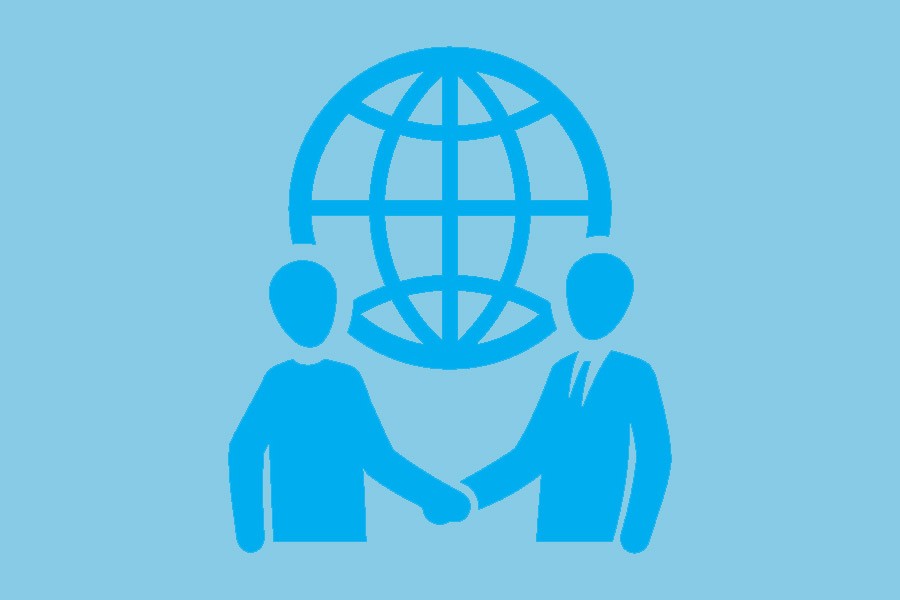
Published :
Updated :

Since the inception of the diplomatic activities, diplomats are assigned to promote trade and investment.
In ancient Roman empire emissaries were sent to countries like Egypt to secure grain imports. And colonial powers like Britain, France, Netherlands, and Portugal sent representatives to the subcontinent since 16th century to explore trade opportunities.
With the passage of time, trade related issues have been prioritised in the diplomatic arena more vigorously and in the present-day world these have become more important than ever before.
As Bangladesh is going to shed its LDC status, it will lose preferential and duty-free market access to many destinations and against this backdrop the role of diplomats has become more crucial in keeping the export growth on positive track.
Bangladesh has 81 diplomatic missions in 60 counties with many having commercial wings.
Needless to say, the government has to spend a huge amount of taxpayers' money to run these missions but many often raise questions about the justification of spending so much money for running these missions, especially the commercial wings.
Many entrepreneurs publicly complained about the lack of seriousness of our people posted in the Bangladesh Missions as commercial or economic councillors in promoting the country's trade and businesses.
A recent report said that the majority of the commercial wings could not attain their target of services export in FY2022-23, except those in London, Tokyo, Brussels, Geneva, Ottawa, Madrid and Canberra who performed well.
According to one statistics, exports through services fetched US dollar 1.492 billion by the missions without commercial wings in FY '23.
Of those, notable export earnings in services were from Hong Kong, the Hague, Riyadh, and Stockholm. Bangladesh's commercial wing in Hong Kong secured the third position among all countries and territories in FY2022-23.
The foreign missions can play a pivotal role in exploring new markets for Bangladeshi products, as Bangladesh's major export markets are the EU and the US where 85 per cent of all shipments comprise garment items.
So, serious efforts should be given to explore markets in South America, Africa, Southeast Asia, East Asia and South Asia, where export levels have been very low.
The same can be said about diversification of the export basket, which heavily dependent on RMG.
Our missions abroad should explore markets for agro-processed items, leather, jute and related goods, pharmaceuticals, and ICT products, which have huge potential.
As Bangladesh is set to graduate by 2026, export diversification and bringing foreign direct investment are imperative to make the country's economy resilient.
Despite having exportable products, the country failed to find out market due to lack of proper branding and packaging. Many tend to blame the absence of coordination among ministries of commerce and foreign affairs and the business community for this failure.
The government should ensure that in our foreign missions all the diplomatic officials are properly trained in country branding and focus on economic issues.
In today's world, economy has become the decisive element in international relationship and often bilateral or multilateral ties are shaped on the basis of economic interest.
At the same time, the diplomats need to be updated on the markets in the countries where they are posted, as such information can play vital role devising strategy for exploring alternative markets.
At the same time, the diplomats should be sensitised on migration issue and to be efficient in providing welfare services to the thousands of Bangladeshi migrant workers who are providing over 22 billion US dollar annually through remittances.


 For all latest news, follow The Financial Express Google News channel.
For all latest news, follow The Financial Express Google News channel.